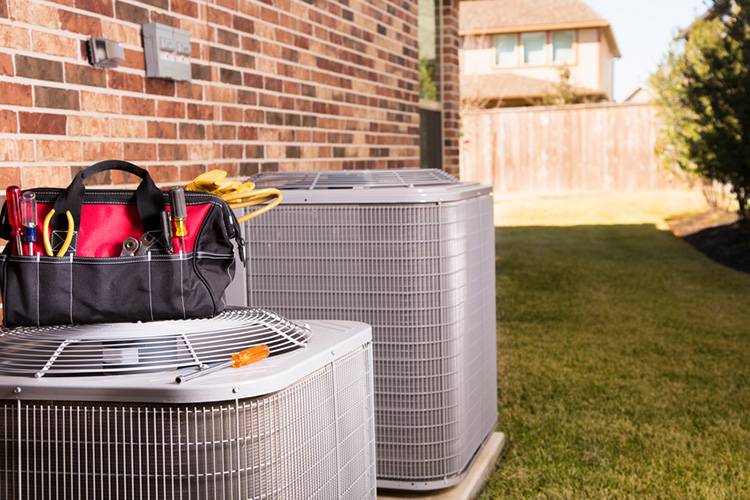Common HVAC Problems in Arizona and the Benefits of a Home Warranty

Consider an HVAC Warranty in Arizona, Here’s Why
As the scorching Arizona sun beats down on homes during the sweltering summers and chilly desert nights settle in during the winters, HVAC systems become lifelines for maintaining indoor comfort. However, the extreme climate in Arizona can take a toll on these systems, leading to various issues that homeowners often face. In this blog post, we’ll explore some common HVAC problems in Arizona and discuss the benefits of having a home warranty in Arizona to help cover the costs of repairs that may arise.
Common HVAC Problems in Arizona
1. Overheating and System Strain
During the hot Arizona summers, HVAC systems work overtime to keep homes cool. This constant strain can lead to overheating of components like compressors and fans, resulting in reduced efficiency and potential breakdowns.
2. Dust and Debris Accumulation
The desert environment in Arizona means that HVAC systems are more prone to accumulating dust, dirt, and debris. This buildup can clog filters, vents, and coils, leading to decreased airflow, decreased cooling/heating efficiency, and increased energy consumption.
3. Refrigerant Leaks
High temperatures can cause refrigerant lines to expand and contract, increasing the risk of leaks in HVAC systems. Low refrigerant levels can lead to reduced cooling capacity and potential compressor damage if left unaddressed.
4. Electrical Issues
Electrical problems such as faulty wiring, capacitor issues, or malfunctioning sensors are common in HVAC systems, especially in older homes or those with outdated electrical systems. These issues can cause system malfunctions or complete shutdowns.
5. Wear and Tear
Regular wear and tear from continuous use, especially during peak seasons, can cause various components of HVAC systems to deteriorate over time. This can result in breakdowns, inefficiencies, and the need for costly repairs or replacements.
Benefits of a Home Warranty in Arizona for HVAC Systems
1. Financial Protection
An HVAC warranty in Arizona provides financial protection by covering the costs of repairs or replacements for covered components of your HVAC system. This can save homeowners from unexpected and expensive repair bills, especially for major issues like compressor failures or refrigerant leaks.
2. Peace of Mind
Having a home warranty gives homeowners peace of mind knowing that their HVAC system is covered against potential breakdowns or malfunctions. This can alleviate stress and uncertainty, particularly during extreme weather conditions when reliable cooling or heating is essential.
3. Professional Service Providers
Home warranty companies work with a network of licensed and vetted service providers. When HVAC issues arise, homeowners can rely on these professionals to diagnose problems accurately and perform repairs or replacements efficiently.
4. Budget-Friendly Option
Instead of paying for costly repairs or replacements out of pocket, a home warranty allows homeowners to budget for a predictable monthly or annual fee. This can help manage household expenses and avoid financial strain from unexpected HVAC repairs.
5. Comprehensive Coverage
Home warranties typically cover a wide range of HVAC components, including air conditioning units, heat pumps, furnaces, thermostats, and more. This comprehensive coverage ensures that various parts of the HVAC system are protected, reducing the risk of uncovered expenses.
Why You Should Order a HVAC Warranty in Arizona
In conclusion, Arizona homeowners often encounter common HVAC problems due to the state’s extreme climate conditions. From overheating and dust accumulation to refrigerant leaks and electrical issues, these challenges can disrupt indoor comfort and lead to costly repairs. By investing in an affordable home warranty in Arizona, homeowners gain financial protection, peace of mind, access to professional service providers, budget-friendly options, and comprehensive coverage for their HVAC systems. Ultimately, a home warranty serves as a valuable safeguard against unexpected expenses and ensures that HVAC systems remain reliable and efficient throughout the year.

